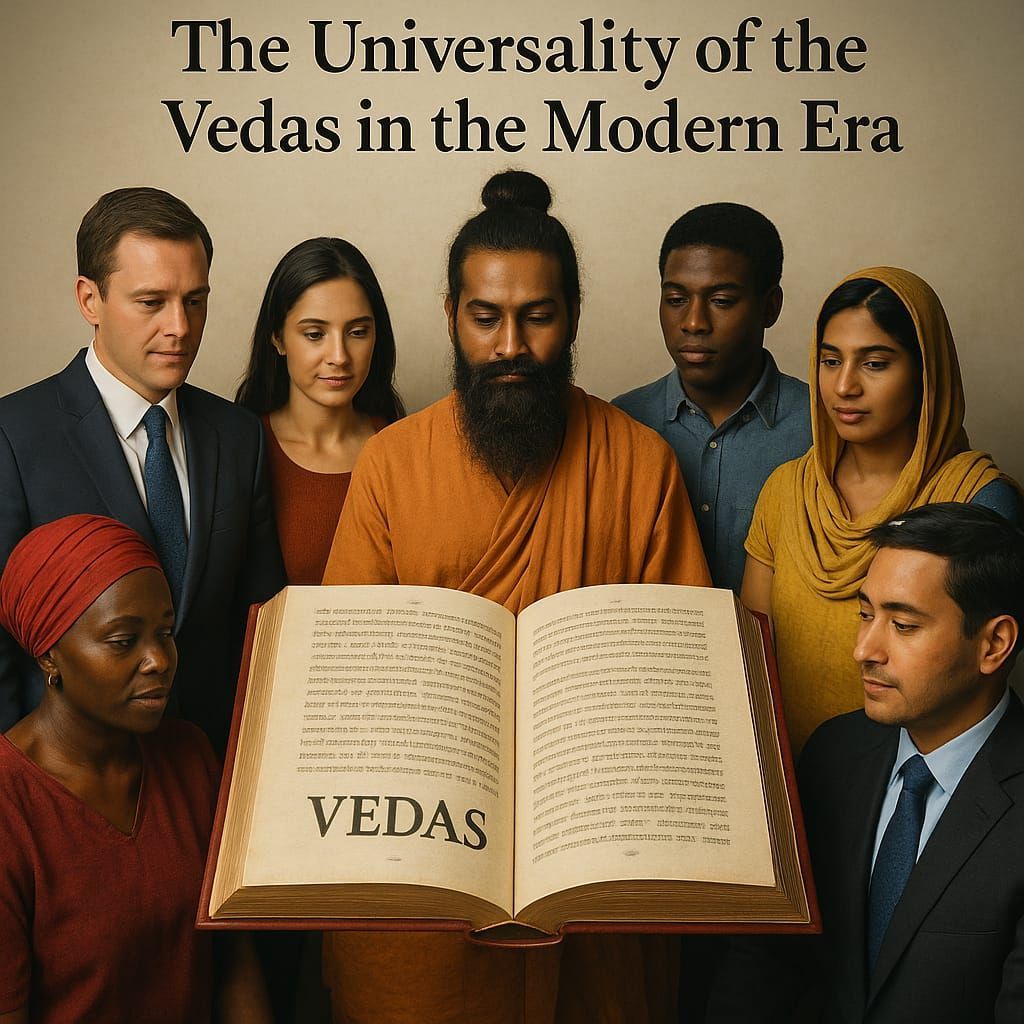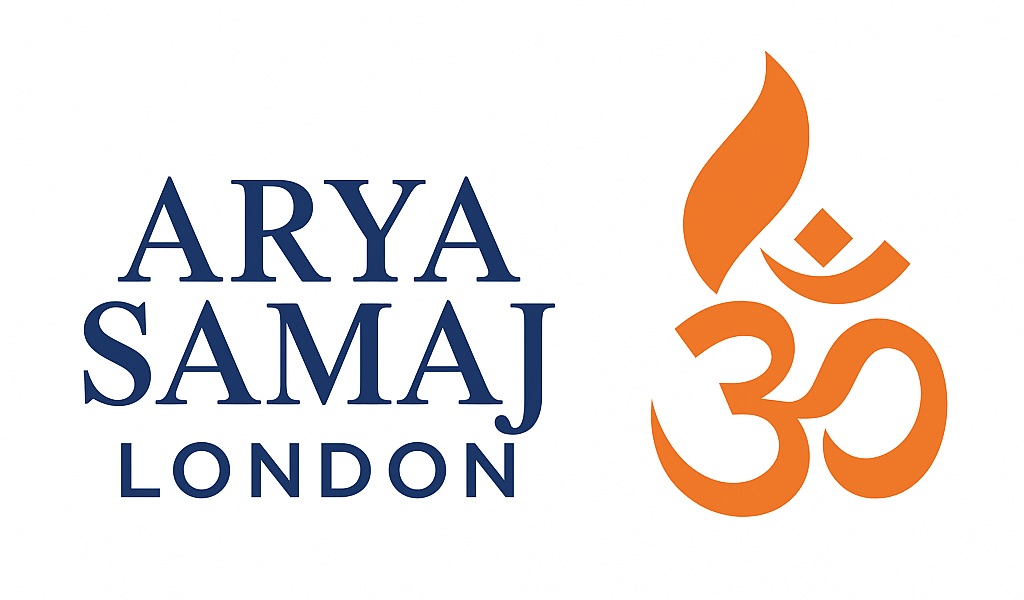Arya People and the Origins of the Vedas One of the great questions in history — and indeed of the Arya Samaj itself — is: Where did we come from, and what are the origins of the Vedas? This debate is tied to archaeology, linguistics, genetics, and textual analysis, and has been approached in different ways by scholars and spiritual thinkers. For Arya Samaj, understanding these perspectives helps us connect history with our Vedic principles. Two Main Perspectives There are two broad schools of thought: 1. The Scientific and Historian View — often called the Aryan Migration Theory. 2. The Indigenous Arya View — that the Aryas and Vedic tradition are native to India. The Scientific and Historian View - Modern research suggests India has always been a land of deep continuity and cultural mixing. - Early Presence: Human settlement stretches back more than 500,000 years, with cave dwellers still present 10,000 years ago. - Transition to Farming: Over time, hunting and gathering gave way to farming and pottery- 8 making. - Indus Valley Civilisation: From around 5,000 years ago, cities such as Mohenjo-Daro and Harappa thrived. These centres had advanced architecture and drainage systems. Their culture was strikingly peaceful: - There were no temples, idols, or weapons of war, - Instead, there was a focus on cleanliness, order, and discipline. This resonates strongly with Vedic ideals of simplicity, purity, and harmony. Later, Indo-European–speaking peoples are believed to have migrated in waves from the Eurasian steppe — a region stretching from today’s Southern Russia through Afghanistan — over many centuries until around 1500 BCE. The Indigenous Arya View By contrast, many Indian scholars and thinkers — and indeed the Arya Samaj tradition — hold the view that the Aryas were indigenous to India. According to this perspective: - The Vedic civilisation did not arrive from outside but was always rooted in the sacred land of Bharat. - The continuity of culture, language, and spiritual traditions points to a native origin rather than migration. - The wisdom of the Vedas is seen as timeless, universal, and born in India itself. This interpretation emphasises the spiritual rather than the material — highlighting that the Vedas are not the creation of any one people or place, but divine knowledge revealed for all humanity. The Arya Samaj Perspective Swami Dayanand Saraswati, founder of the Arya Samaj, declared that the Vedas are eternal, without beginning or end. They are not a product of migration, conquest, or politics, but rather the revealed wisdom of God. When Sir Isaac Newton observed gravity in 1666 in Lincolnshire, England, it would be ludicrous to think gravity only existed in that spot. Similarly, the truth and application of the Vedas is universal, whether in India, Lincolnshire or in London. For Arya Samaj: - The focus is less on where the Aryas 'came from' and more on the eternal and universal truth of the Vedas. - What matters is how we apply these truths today — in education, reform, equality, and service. 9 Conclusion Whether viewed through the lens of modern science or through the indigenous and spiritual perspective, the story of the Aryas and the Vedas is one of continuity, depth, and inspiration. For us in Arya Samaj London, the essential message is clear: - The Vedas guide us not just to study the past, but to live noble lives in the present. As our motto reminds us: Krinvanto Vishwam Aryam — Let us make the world noble.
Rajeev Sharma

